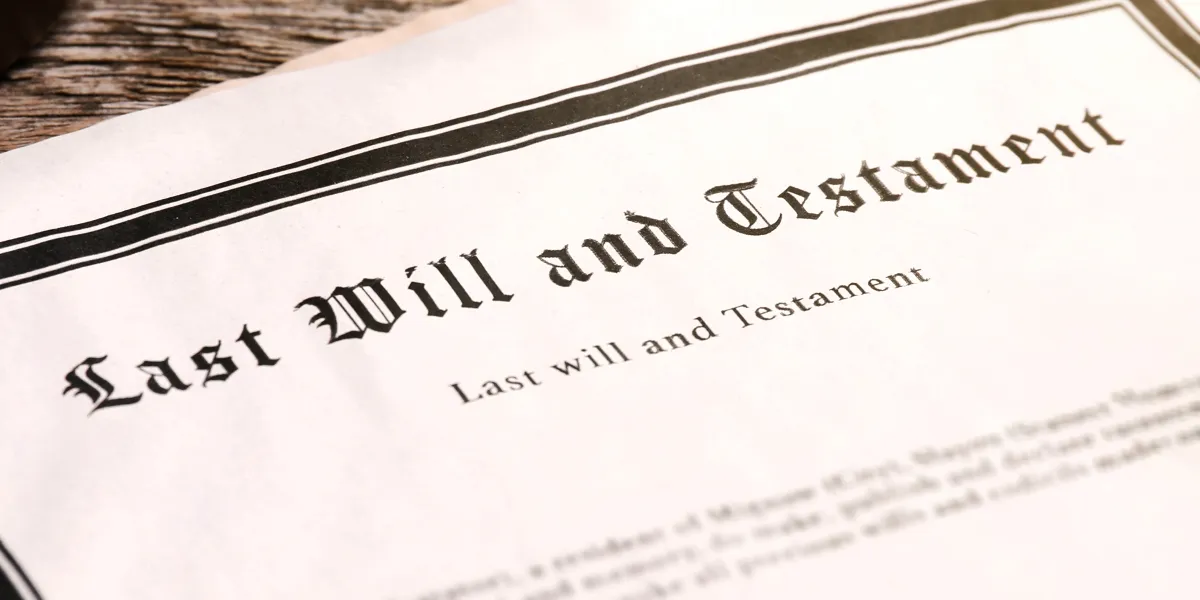Grief can knit families tight, but for me, it tore the mask off my sister’s greed. I never dreamed she’d betray me until she wept at Mom’s funeral, then snatched my inheritance before the sorrow settled. I stood in Mom’s warm kitchen, her scent of lavender candles and peppermint tea still clinging to the air. A month after her death, I couldn’t touch her things, not even the cracked plates she cherished. I was cleaning her teapot when my sister, Rachel, strolled in, her lively presence jarring my quiet grief.
“Lisa, still at it?” Rachel said, grabbing an apple. At 32, she looked ready for a festival in her colorful scarf and jeans, while I, 36, felt dowdy in my blouse, the steady librarian I was. “It feels like Mom’s here,” I said. Rachel shrugged. “We all deal differently.” I swallowed my frustration. I’d cared for Mom for years—handling her doctor visits, repairs, paying bills—while Rachel showed up for parties or quick lunches. “Talked to the lawyer?” she asked, eyeing her phone.

“Tomorrow,” I said. “Want to come?” She grinned. “Busy, but keep me posted!” She hugged me and left, her casualness gnawing at me. The next day, I sat in the lawyer’s office, the smell of old files heavy. “The will gives everything to Rachel,” Mr. Stone said. My heart sank. “No, Mom revised it last year. I was there. I got the house for upkeep; Rachel got the savings.” He frowned. “No record of that. The will’s old.”
I was floored. “I saw her sign it!” Mr. Stone said the prior lawyer, Mr. Webb, retired, and no new will was found. Driving home, I felt betrayed. Rachel was at the house, smiling oddly. “Know about the will?” she said. “How?” I asked. She shrugged. “Called the lawyer. It’s fair.” My voice trembled. “I paid for the house. I cared for her!” Rachel snapped, “Your choice.” Doubt crept in. “You knew about the new will, didn’t you?” She looked away. “No idea.”
Sleepless, I sensed deceit. Days later, the locks were changed. Rachel stood at the door. “Move out,” she said. “I’m turning this into offices.” My heart broke. “This is my home!” She pointed to my stuff in the garage and closed the door, laughing on her phone. I stayed with my friend Claire, hiring a lawyer, but without proof, I was lost. Then a call came. “I’m Ethan, a paralegal,” he said. “Your sister bragged at a party about destroying the will.” My pulse quickened.
Ethan recorded Rachel, drunk, laughing about shredding the will and forging Mom’s signature. “I’ll testify,” he said. At a café, I heard her voice, gloating. The courts froze the house and Rachel’s accounts, probing her fraud. Her desperate texts went unanswered. One night, she showed up at Claire’s, sobbing. “I’m facing jail,” she said. “You were Mom’s favorite.” I stood firm. “I was there. You stole.” She cried. “I’m broke, alone.” Memories of our childhood stopped me from turning her away. “Couch, one night,” I said.
Months later, I reclaimed Mom’s house. Rachel got probation, thanks to my mercy. She visited, offering Mom’s emerald pendant. “Yours,” she said. I offered coffee. “Really?” she asked. “We’re family,” I said. “Trust’s slow, but we can try.” We talked, raw and tearful, for hours. “I can’t undo it,” she said, leaving. “But I’ll try.” I called, “Next week?” Her faint smile gave hope. Mom said we’d need each other. Forgiveness doesn’t wipe out pain, but it carves a path forward.


